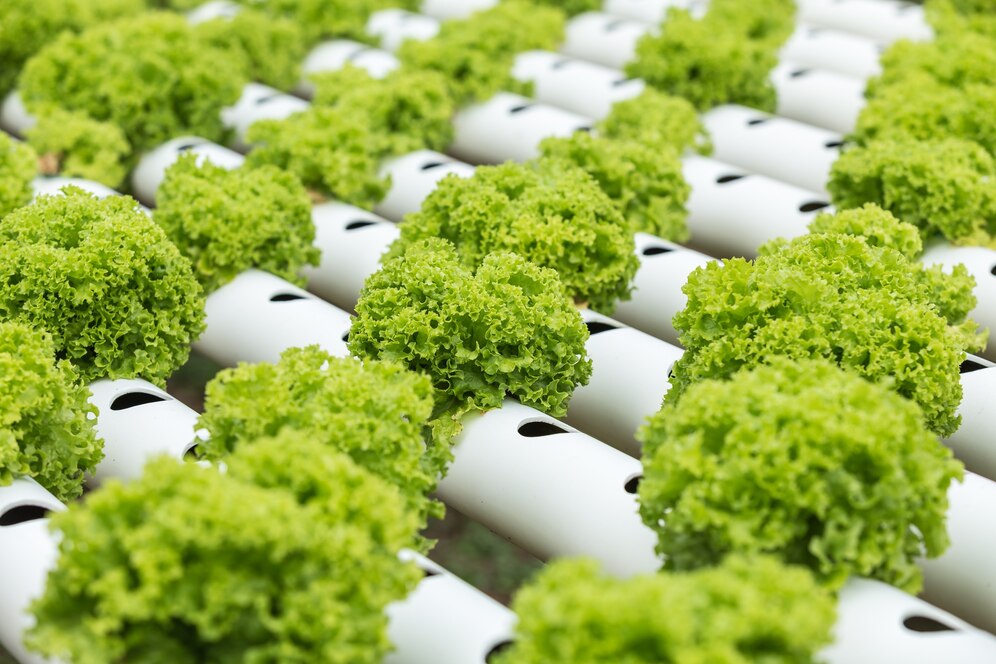As Botswana faces the challenges of limited arable land and erratic rainfall, hydroponic farming is emerging as a powerful solution to transform food production in the country’s arid regions. This soil-less method of cultivation is proving to be a game-changer for small-scale farmers, agripreneurs, and institutions looking to grow crops sustainably and efficiently, even in the harshest environments.
Hydroponics relies on nutrient-rich water instead of soil to grow plants, making it ideal for areas where traditional farming is difficult due to poor soil quality or lack of consistent rainfall. In Botswana’s dry zones such as Kgalagadi and Ghanzi, where agriculture has often been a struggle, hydroponic setups are now producing leafy greens, tomatoes, peppers, herbs, and strawberries year-round with minimal water use.
One success story comes from a young farmer in Maun who turned an abandoned plot into a thriving hydroponic greenhouse. Using simple vertical towers and a closed-loop water system, she grows spinach and lettuce that supply local hotels and lodges. Despite operating in an area with very low rainfall, her system uses up to 90% less water than traditional methods and requires less land, proving that small-scale hydroponic farming can be both profitable and sustainable.
In Gaborone, a local agritech startup has partnered with schools and youth groups to build mini hydroponic systems as part of agricultural training programs. Students not only learn how to grow food without soil but also gain valuable skills in water management, entrepreneurship, and sustainable farming. These initiatives are inspiring a new generation of young Batswana to view agriculture as a viable and exciting career path.
Large-scale projects are also showing promise. In Selebi-Phikwe, a community-driven initiative set up a hydroponic farm inside a greenhouse, producing fresh vegetables that are sold to nearby markets and households. The farm has created jobs, improved food availability in the area, and demonstrated how collective farming with modern methods can uplift rural communities.
One of the biggest advantages of hydroponics in Botswana’s arid regions is its ability to operate independently of seasonal weather. With proper temperature control and efficient lighting, hydroponic systems can produce food throughout the year, reducing the country’s reliance on imported vegetables and strengthening local food security.
While the initial setup costs can be high, more affordable models using recycled materials and local innovation are making hydroponics more accessible. Government agencies, NGOs, and private investors are starting to support these efforts by offering training, funding, and materials to help farmers get started.
Hydroponic farming in Botswana is still growing, but the success stories already emerging show that with the right knowledge, tools, and support, it is possible to turn even the driest corners of the country into productive food hubs. These pioneers are not only proving the viability of hydroponics but also laying the groundwork for a more resilient and innovative agricultural future.










